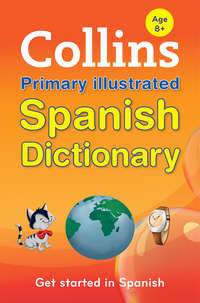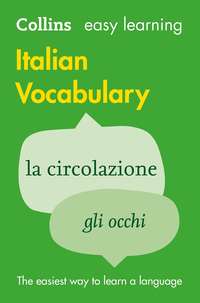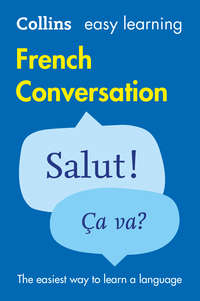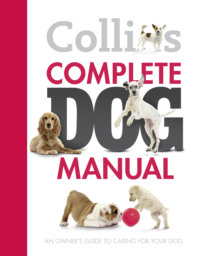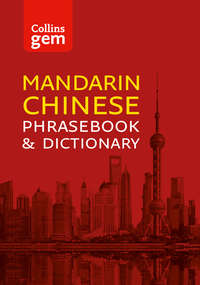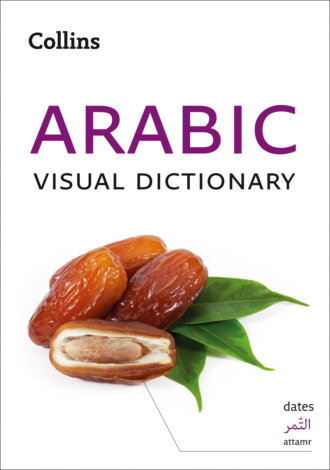
Полная версия
Collins Arabic Visual Dictionary

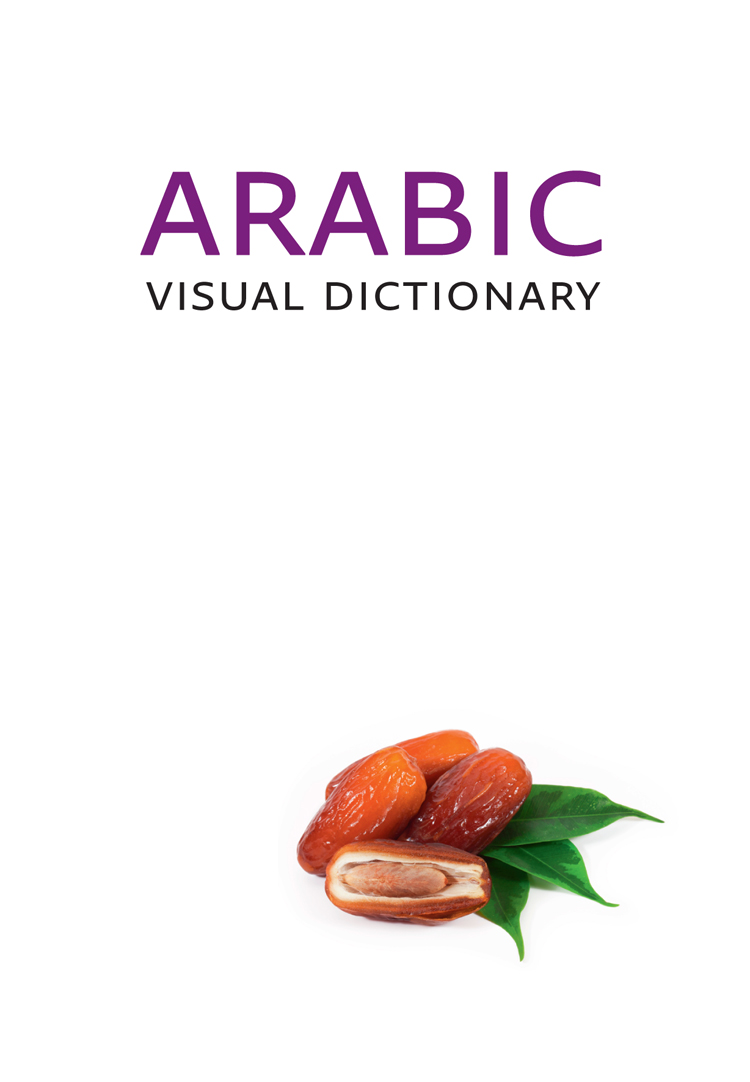
COPYRIGHT
Published by Collins
An imprint of HarperCollins Publishers
Westerhill Road
Bishopbriggs
Glasgow G64 2QT
First Edition 2019
© HarperCollins Publishers 2019
Collins® is a registered trademark of HarperCollins Publishers Limited
Ebook Edition © April 2019
ISBN: 9780008319953
Version: 2019-04-24
All rights reserved under International and Pan-American Copyright Conventions. By payment of the required fees, you have been granted the non-exclusive, non-transferable right to access and read the text of this ebook on screen. No part of this text may be reproduced, transmitted, downloaded, decompiled, reverse engineered, or stored in or introduced into any information storage and retrieval system, in any form or by any means, whether electronic or mechanical, now known or hereafter invented, without the express written permission of HarperCollins.
Entered words that we have reason to believe constitute trademarks have been designated as such. However, neither the presence nor absence of such designation should be regarded as affecting the legal status of any trademark.
HarperCollins does not warrant that any website mentioned in this title will be provided uninterrupted, than any website will be error free, that defects will be corrected, or that the website or the server that makes it available are free of viruses or bugs. For full terms and conditions please refer to the site terms provided on the website.
If you would like to comment on any aspect of this book, please contact us at the given address or online.
E-mail dictionaries@harpercollins.co.uk


CONTENTS
COVER
TITLE PAGE
COPYRIGHT
INTRODUCTION
THE ESSENTIALS
TRANSPORT
IN THE HOME
AT THE SHOPS
DAY-TO-DAY
LEISURE
SPORT
HEALTH
PLANET EARTH
CELEBRATIONS AND FESTIVALS
ACKNOWLEDGEMENTS
PHOTO CREDITS
ABOUT THE PUBLISHER
INTRODUCTION
Whether you’re on holiday or staying in one of the Arab countries for a slightly longer period of time, your Collins Visual Dictionary is designed to help you find exactly what you need, when you need it. With over a thousand clear and helpful images, you can quickly locate the vocabulary you are looking for.
The Visual Dictionary includes:
10 chapters arranged thematically, so that you can easily find what you need to suit the situation
images – illustrating essential items
YOU MIGHT SAY… – common phrases that you might want to use
YOU MIGHT HEAR… – common phrases that you might come across
VOCABULARY – common words that you might need
YOU SHOULD KNOW… – tips about local customs or etiquette
USING YOUR COLLINS VISUAL DICTIONARY
In order to make sure that the phrases and vocabulary in the Collins Visual Dictionary are presented in a way that’s clear and easy to understand, we have followed certain policies when translating:
1) This Collins Visual Dictionary is intended for those with an interest in the language and culture, but is not for academic study. The selection of vocabulary in the sections represent almost all Arab countries from Morocco in north-west Africa to Bahrain and Kuwait in the Middle East. While Modern Standard Arabic or Fusha is the main used language in translation, we have sometimes included other regional variants where applicable.
2) The definite article has been used where appropriate in the translation of nouns into Arabic.
business التِّجارة at-tejaara
Where commonly used, feminine forms of nouns have been shown with the masculine form as the main translation.
scientist العالِم/العالِمة al ʻaalem/al ʻaalema
3) The past tense is the verb tense used in the translation of infinitive verbs into Arabic.
to stop أوقفَ awqafa
4) The transliteration system used in the dictionary has been based on one which is frequently used in areas such as social media. On the next page, we have noted some helpful points about the pronunciation of Arabic. Sometimes, the same English letter has been used for two or more different Arabic letters that have the same basic sound but are pronounced slightly differently, for example:
• س and ص are both transliterated with an [s]; the letter ص is the heavier, thicker version of the letter س , and both are pronounced just like the English [s] sound, with ص sounding heavier than س .
car السّيّارة as-sayyaara
factory المَصنَع al masnaʼ
• د and ض are both transliterated with a [d]; where د sounds exactly the same as [d] in English, ض is a heavier [d] and is an emphatic consonant, whereas د isn’t.
warm دافِئ daafeʼ
boiled eggs بيضٌ مَسلوق baydun maslouq
• ت and ط are both transliterated with a [t]; in Arabic, ت is softer than ط and sounds exactly the same as [t] in the word “table”, whereas ط is a heavier sound, as in “toll” or “watt”.
apple التُّفّاح at-tuffaah
breakfast الفُطور al futoor
• ذ , ث and ظ are all transliterated with [th]; ث is pronounced as [th] in “thief”, and ذ is pronounced as [th] in “the”. ظ is a heavy version of ذ and the difference between ذ and ظ is very subtle (similar to [p] and [b] in English).
ice cream المُثلَّجات al muthallagaat
seeds البُذور al buthoor
wallet المِحفَظَة al mehfatha
Listening to the free audio resource will help you to identify the difference between the sounds described above.
FREE AUDIO
We have created a free audio resource to help you learn and practise the Arabic words for all of the images shown in this dictionary. The Arabic words in each chapter are spoken by native speakers, giving you the opportunity to listen to each word twice and repeat it yourself. Download the audio from the website below to learn all of the vocabulary you need for communicating in Arabic.
www.collinsdictionary.com/resources
Конец ознакомительного фрагмента.
Текст предоставлен ООО «ЛитРес».
Прочитайте эту книгу целиком, купив полную легальную версию на ЛитРес.
Безопасно оплатить книгу можно банковской картой Visa, MasterCard, Maestro, со счета мобильного телефона, с платежного терминала, в салоне МТС или Связной, через PayPal, WebMoney, Яндекс.Деньги, QIWI Кошелек, бонусными картами или другим удобным Вам способом.


